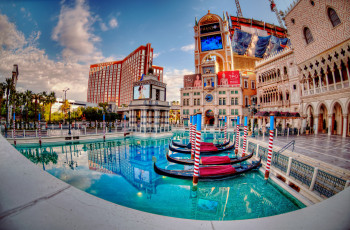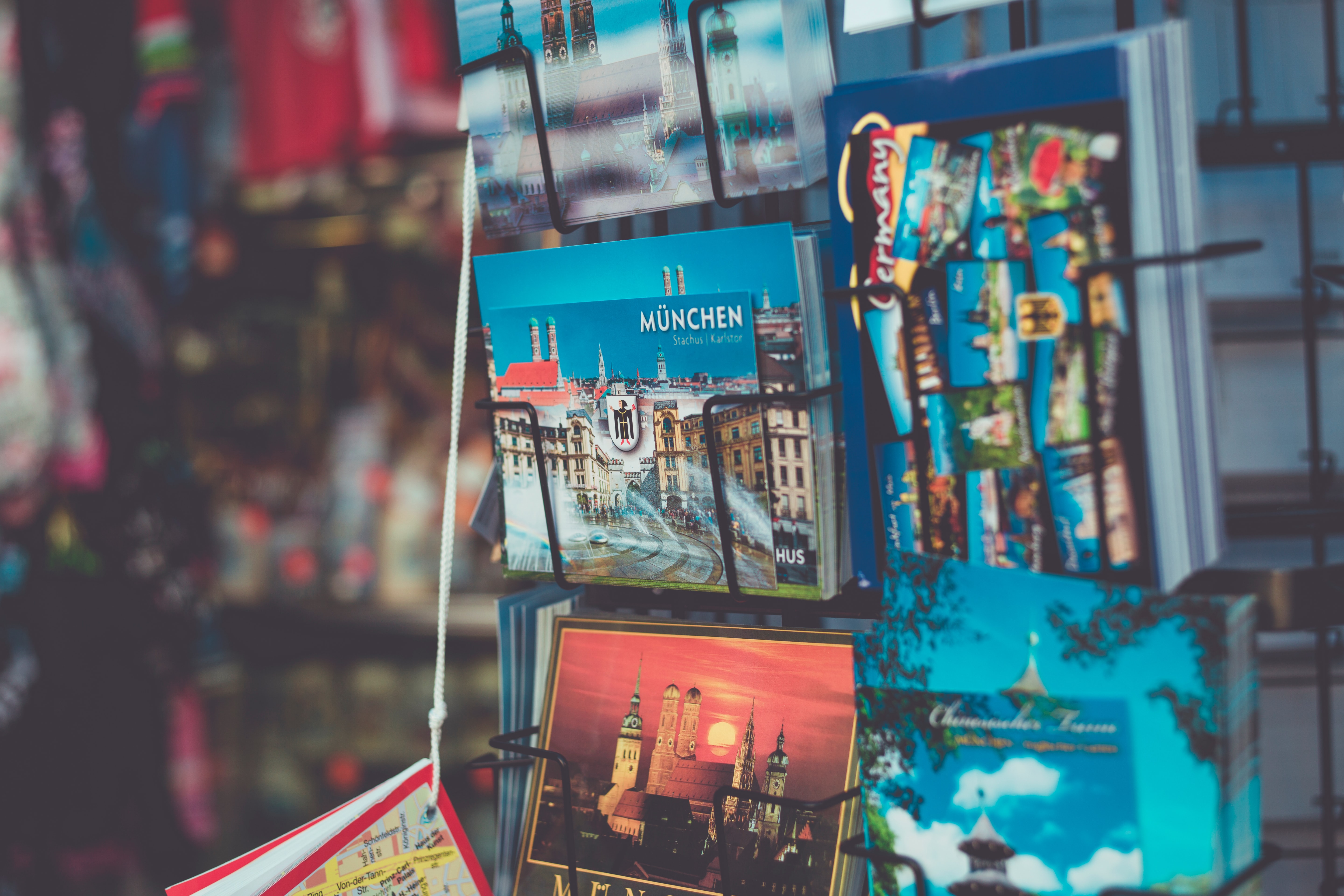2020 was a terrible year for the hospitality and hotel businesses; with all borders closed worldwide, there was not much possibility of new tourists arriving at any hotel franchises.
With a complete blockade to combat the pandemic, the hospitality business fell to 98 percent in tourists compared to May 2020 with 2019. Between January and May, the year-on-year drop in tourists fell by 56 percent. This represents a fall of 300 million dollars in income from international tourism, which is triple if we compare it with the crisis of 2009.
Market data from the Smith Travel Research agency indicates that occupancy rates in the Middle East were relatively stable, reaching 73.3 percent with a daily rate of $ 149. Even so, the travel restrictions that were imposed and the roadblocks led to a reduction in occupancy of 47.3 percent, in addition to a year-on-year decrease of 28 percent.
However, 2021 has arrived with the COVID-19 vaccine, leaving a possibility for resorts worldwide to come up with new tactics to attract tourists from around the world.
If you have plans to travel soon – after being vaccinated, obviously – check these 5 hospitality trends for 2022.
Data-Driven Decisions
The analytics and algorithms know practically everything about us; however, this is not how spy movies or conspiracy theories paint it. In fact, it is more beneficial for visitors. In an article about the internet without cookies, we talked about these tools being used more than anything to know the behaviour of consumers. In this way, companies can offer better services or products according to their preferences.
With guest data, hoteliers can provide a personalized experience for their customers. This will be done by analyzing customer behaviour and trends in every hotel property they visit. This process will help them anticipate their desires and send them relevant offers by using data analytics software nowadays. Thus, artificial intelligence will help to develop targeted and relevant marketing strategies for every different market group.
Some studies have shown that customer experience will soon overtake price and product as a differentiator. Because of this, it is more useful for hotels and other hospitality services to use this technology.
This is what the future of the hotel industry holds for us since, with their studies in data, they will be able to assure us the best vacation experience for our stay.
Guest experience Highlights
- 91% of customers consume products by brands that provide relevant offers and recommendations (Accenture).
- 90% of tourists are willing to share behavioural data if it would, in turn, allow them to have a cheaper and easier experience (SmarterHQ, 2019).
- In a study conducted by SmarterHQ, Cheetah Digital, Liveclicker and MailCharts, the travel and hospitality sector has reported the highest shift toward tailored messaging. Close to 63% of their communications catered to individual customers, while 38% of their marketing mix is directed to individual shoppers (Liveclicker, 2019).
Voice Search
Voice search is a tool that will keep helping all the sectors of business and the economy. Among the latest digital assistant on the market, we have Amazon’s Alexa, Apple’s Siri, Microsoft´s Cortana and Google Assistant.
This type of AI is still in its early stages of development, and its model is based on conversational language. With this technology, customers will get an answer based on their context previous queries.
In the hotels and hospitality business, voice search is growing and transforming all the booking processes. With smartphones and tablets, visitors can research and book their vacations. Hoteliers can equip their websites with voice search capabilities to increase conversions by connecting them to qualified leads.
Voice search highlights
- 24% of people over 18 own at least one smart speaker—that’s 60 million people (Marketing Land, 2020).
- A study in 2019 revealed that purchases of everyday household items are made through voice search (SEJ, 2019).
Virtual Reality
According to a study from eMarketer, virtual reality became one of the biggest emerging technology trends, with 57,4 million users just in the United States. VR transforms and upgrades the hospitality industry.
Large companies such as Facebook or Google are investing in this type of technology. With it, visitors can visit their hotel rooms and other attractions just by using these augmented reality glasses.
Virtual reality will become more popular over the years since the quality of detail it offers gives a unique experience to all who visit the virtual facilities of the hotel. It is not the same to visualize your hotel room by describing the booking and the photos to give a complete tour before visiting the hotel.
Virtual Reality Highlights
- 68.7 million people are using AR at least once per month (eMarketer, 2019).
- According to VR research findings, worldwide spending on VR content and apps reached $8.034 billion in 2021 (Statista, 2018).
Tourism products
Travelers need more unique experiences for their new journeys, which they can obtain with tourism products. These allow them to choose specific destinations and what activities they expect to do there.
With this new trend, the hospitality industry can expand to a specific business. However, it is good to understand that this type of tourism requires a more in-depth study of the consumer since a predetermined product cannot be imposed on any traveler. Tourism products can also be subject to the times of the year. For example, safari tourism depends on the times when nature allows everything to be seen better. If you use Amazon to sell products, you would like these Amazon listing optimization tricks.
Some tourism products are:
- Sports tourism
- Health or medical tourism
- Adventure tourism
- Recreation tourism
- Cultural tourism
- Pleasure tourism
- Religious tourism
- Adventure tourism
Source: Unsplash
Smart Technology
Technology is reaching every type of business. In the hospitality business, hotels can now rely on new features like touchless sales, which have been more common since the pandemic began. This new technology can offer cost savings and revenue opportunities, and hoteliers can cover guest services, operations and marketing, which will allow them to achieve higher levels of profitability.
With the technology for hotels, it is easier to evaluate the guests’ experience and personalize them as they continue visiting the establishment.
Hotels are shifting to become smart hotels. By offering Wi-Fi all around the property, guests can do the check-in and check out through a mobile app, direct messaging, and, as we mentioned previously, can have a mobile key. These “intelligent hotels” incorporate in-room technology that uses tables to replace printed compendium and alarm clocks. Also, visitors will have direct digital access to the hotel staff. Like smart homes, guests will also control the entire room through the use of tablets.
Final Thoughts
After a dark stage for all economic sectors, businesses return with all their new weapons to market and please their consumers. The hotel and tourism sector comes with everything.
Technology continues to transform our entire society, and artificial intelligence and augmented reality are increasingly being implemented in hotels.
The tourist products will offer visitors experiences beyond just knowing a country, and they will know in-depth its culture or nature.
Many of us want to pack our bags and get on the next flight with all these new trends. Until that happens, we hope you have a good trip.
See you in the next article!
About the author:
We are Codedesign – a multi cultural, award-winning digital marketing agency . We define as a search-led, innovative digital marketing agency specializing in SEO, PPC, social media ads, content marketing and data analytics. We are trusted with growing the online presence of companies on a local, national and international scale. We work very closely with our clients’ team to understand how best to meet their needs, utilizing the diverse talent within our team to create highly innovative marketing campaigns.






